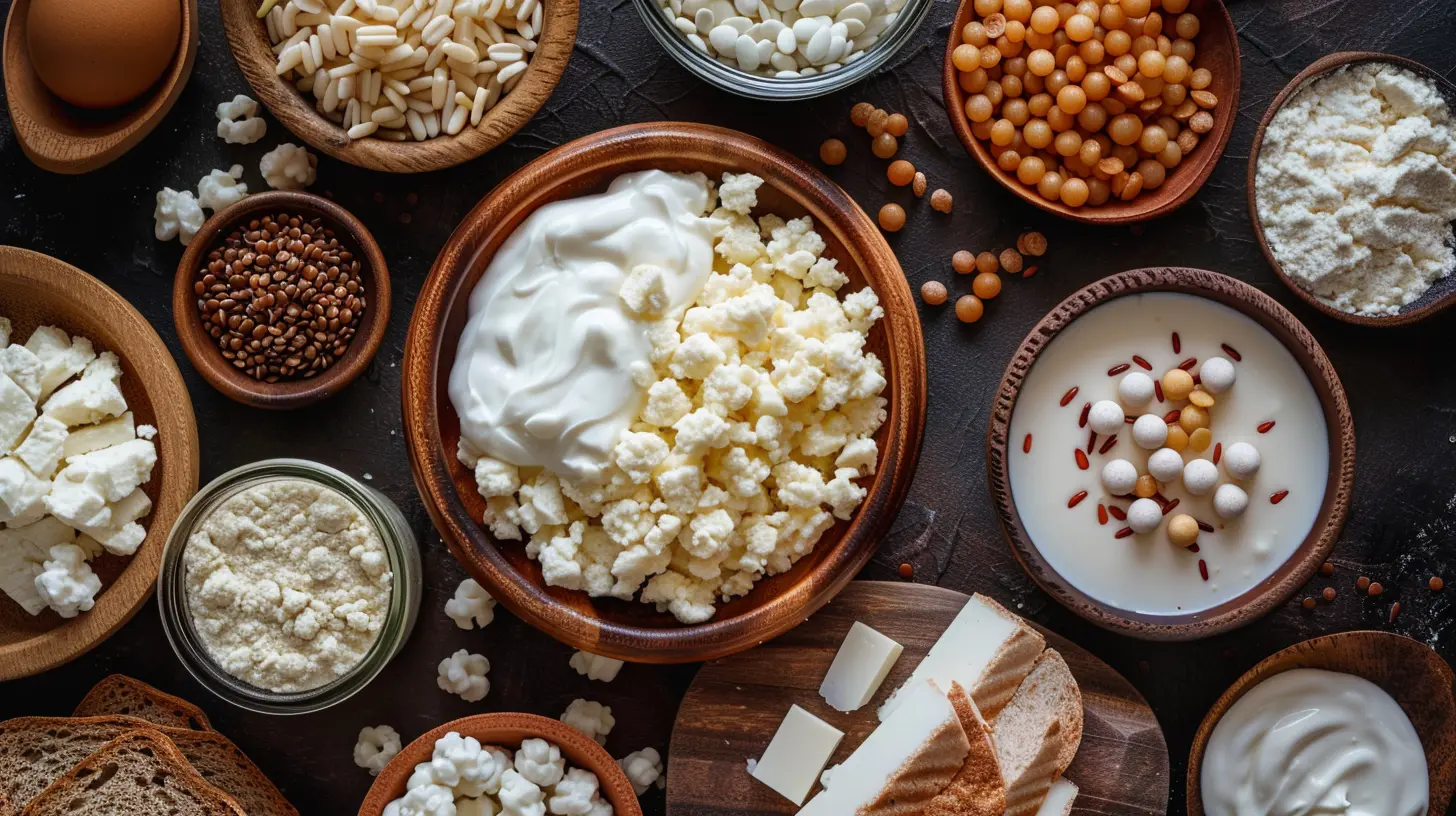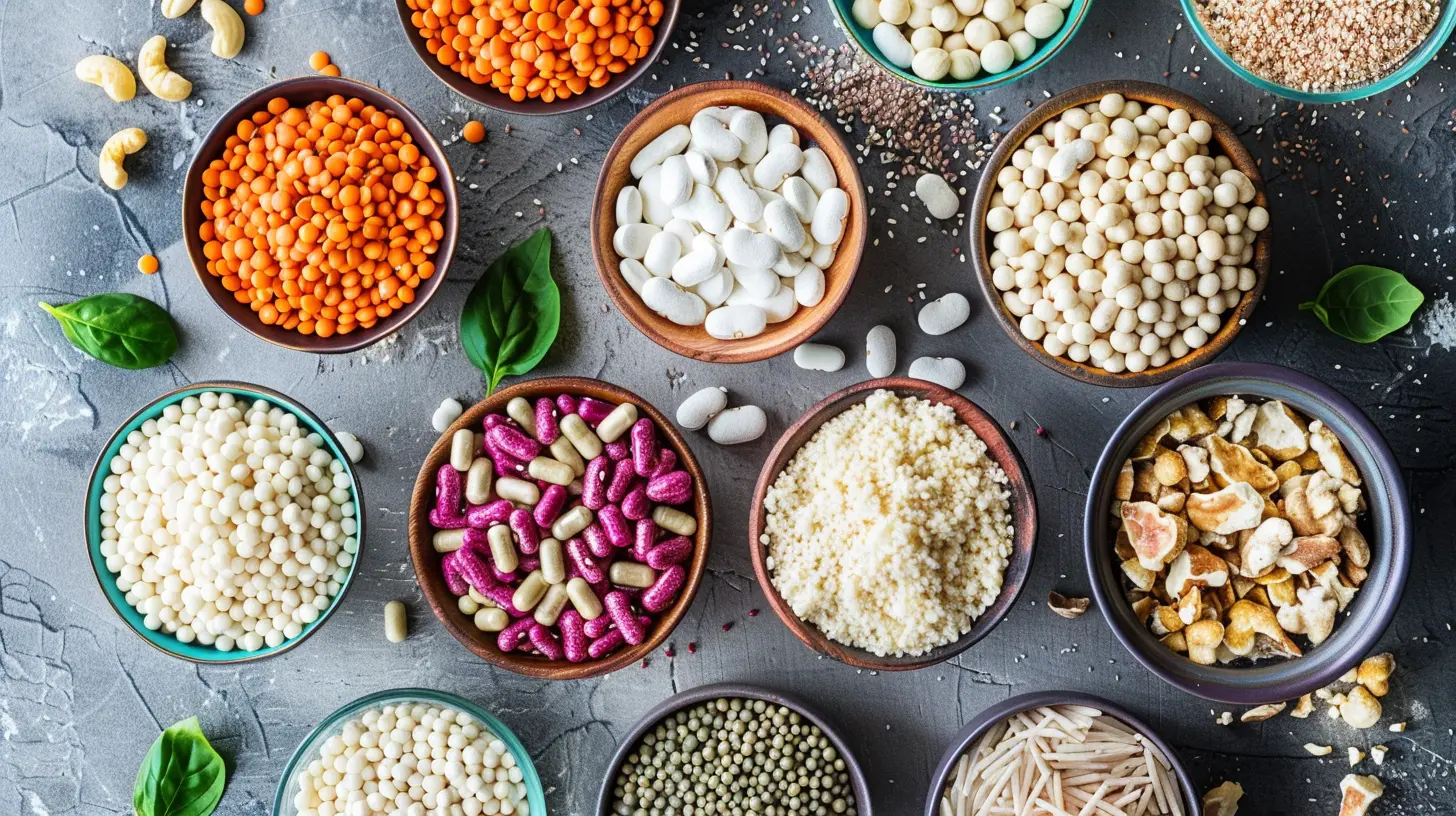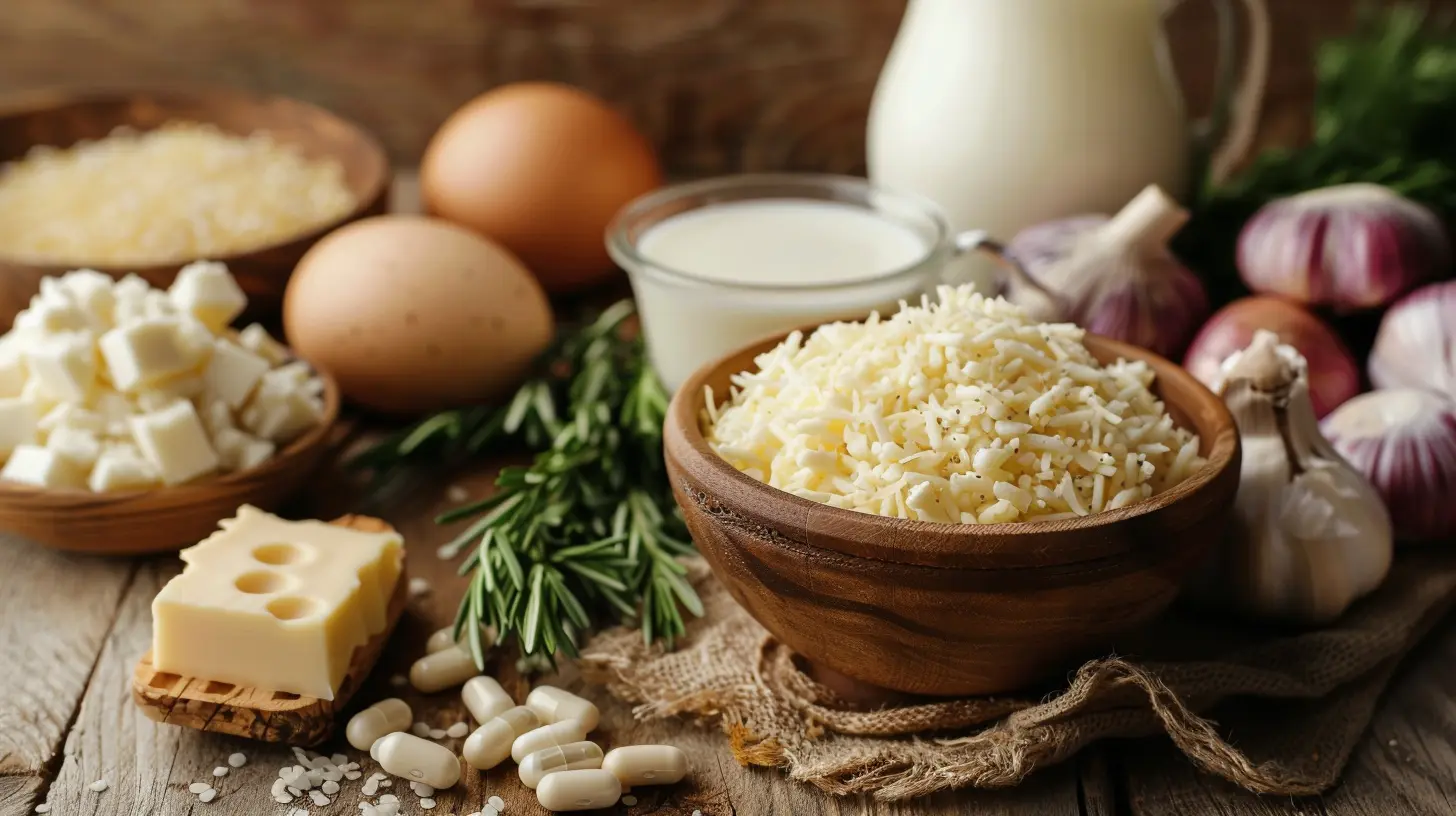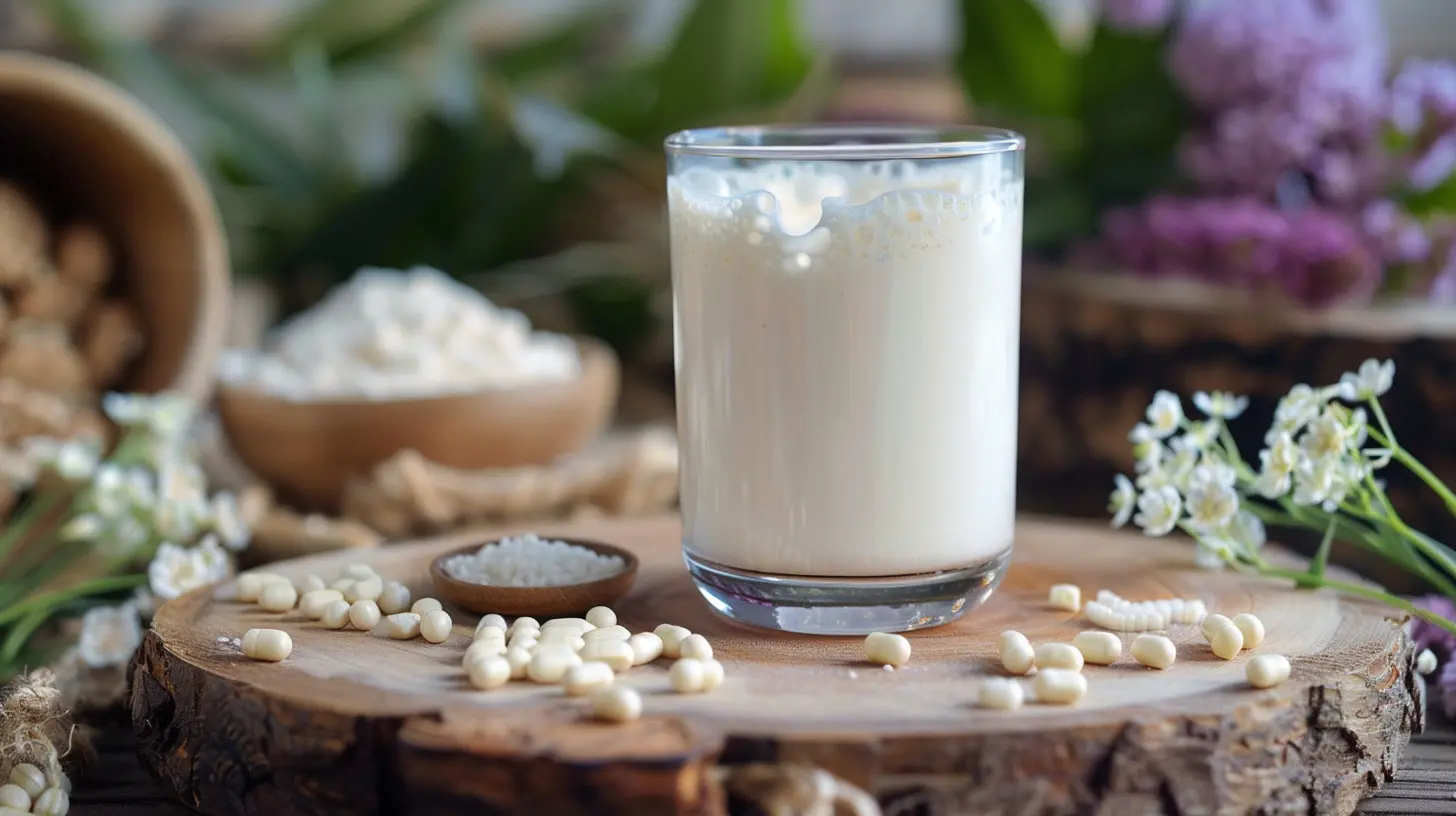Exploring the Role of Probiotics in Reducing Food Sensitivities
17 September 2025
Let’s face it—food sensitivities can be downright frustrating. One day you're enjoying your favorite snack, and the next, your body turns into a battleground of bloating, brain fog, and bathroom emergencies. Sound familiar? You’re not alone. Over the past few decades, more and more people have been dealing with these mysterious food reactions. But here’s the twist: scientists are now zooming in on gut health—and more specifically, probiotics—as a potential game-changer in the fight against food sensitivities.
In this deep-dive, we’ll walk through how your gut bugs might be your secret weapon to feeling better, what probiotics really are, and how they may help turn your gut from foe to friend.
What Are Food Sensitivities, Anyway?
Let’s clear up one huge misconception right off the bat: food sensitivities are not food allergies. They don’t set off that dramatic immune system alarm, like swelling or hives. Instead, they’re often sneakier—leaving you with vague-but-constant symptoms like:- Bloating
- Gas
- Fatigue
- Headaches
- Skin flare-ups
- Stomach discomfort
You might not connect the dots right away because symptoms can show up hours (or even days) after eating the offending food. And here's another twist—not all food sensitivities are permanent. Some might be reversible if you give your body the support it needs.
That’s where probiotics come in.
Meet Your Gut: Your Body’s Second Brain
You’ve probably heard people call the gut “the second brain,” and for good reason. The gut is home to the enteric nervous system—a crazy complex system of over 100 million nerve cells. But what’s even more wild? The gut houses trillions of bacteria. Yes, trillions. These tiny microbes—collectively known as your gut microbiome—do way more than just help digest food.They influence your:
- Immune system
- Mood
- Metabolism
- Skin
- And yes, your ability to tolerate food
When your microbiome is out of whack (a state called dysbiosis), that’s when problems tend to show up, including—you guessed it—food sensitivities.
So, What Are Probiotics?
Think of probiotics as the friendly reinforcements your gut needs during a time of war. They’re live bacteria (and sometimes yeast) that help balance your gut flora. You can get them from fermented foods like yogurt, kefir, sauerkraut, kimchi, or in supplement form.Probiotics are like the “peacekeepers” of your digestive tract. When you’re low on friendly bacteria, the bad guys have room to spread—leading to inflammation, poor nutrient absorption, and a hypersensitive gut. Not exactly a recipe for digestive peace.
How Food Sensitivities and Gut Health Are Connected
Now here’s where things get interesting. Your gut lining is supposed to be a tight-knit barrier—only allowing properly digested nutrients to pass through. But thanks to factors like stress, antibiotics, processed foods, and infections, that lining can become leaky (a condition often called “leaky gut”).When the gut is leaky, undigested food particles and toxins can sneak into your bloodstream, triggering an immune response. Your body gets confused and starts reacting to certain foods as if they’re invaders.
Boom—food sensitivity.
And that gut barrier? It’s supported and protected by—you guessed it—healthy bacteria. Which means restoring balance to your gut microbiome can literally help seal up those leaks and stop your immune system from going haywire over harmless foods.
Probiotics to the Rescue: How They Help
Okay, so we know probiotics can help with gut balance. But how do they actually reduce food sensitivities? Here’s the breakdown:1. They Reduce Inflammation
A lot of food sensitivity symptoms hang out in the “inflammation zone.” Probiotics help lower gut inflammation by crowding out harmful bacteria and producing short-chain fatty acids (like butyrate) that soothe the gut lining.Less inflammation = fewer over-the-top immune responses to food.
2. They Boost Immune Tolerance
Your immune system has to learn which invaders to attack and which to tolerate. Probiotics help "train" your immune system to stop overreacting to safe foods, helping improve what's called immune tolerance.Think of it as teaching your body the difference between a burglar and a houseguest.
3. They Help Heal the Gut Lining
Some strains of probiotics actually help rebuild the gut wall, fixing that leaky gut situation we talked about earlier. With a stronger gut barrier, fewer food particles escape into the bloodstream, preventing immune system freakouts.4. They Improve Digestion
Poor digestion can lead to partially digested food sitting in the gut—which your body doesn’t like. Probiotics help break things down properly, making it less likely that your body misinterprets food as a threat.Best Probiotic Strains for Food Sensitivities
Not all probiotics are created equal. Some strains are more effective than others when it comes to calming food sensitivities. Here are a few rockstars to look out for:- Lactobacillus rhamnosus GG: Great for restoring gut balance after antibiotics and reducing gut inflammation.
- Bifidobacterium lactis: Helps support digestion and reduce gut permeability.
- Lactobacillus plantarum: Known for its role in strengthening the gut lining and reducing food allergies.
- Saccharomyces boulardii: A beneficial yeast that helps detox the gut and fight off pathogenic bacteria.
You’ll often find these strains in high-quality, multi-strain probiotic supplements.
Real Talk: Can Probiotics Eliminate All Food Sensitivities?
Here’s the honest truth—probiotics are powerful, but they’re not magic pills. If your body has been battling food sensitivities for years, it might take more than some yogurt and a pill to feel better.But they are an incredibly important part of the healing puzzle. Think of them as the soil in a garden. You can’t grow healthy plants (aka good digestion and tolerance) in dry, cracked dirt. You’ve got to nourish the environment first.
Other things that may help alongside probiotics?
- Cutting back on processed foods and sugar
- Reducing stress
- Getting enough sleep
- Avoiding overuse of antibiotics
- Eating a fiber-rich diet to feed those good bacteria
How Long Until You Feel a Difference?
It really depends on the person. Some folks notice a difference in their digestion or food reactions within a few weeks. For others, it may take a couple of months of consistent use. The key word here is consistent.Don’t just take a probiotic when you feel bloated or gassy—make it a habit. Think of it as planting seeds in the garden of your gut; they need time to grow roots.
Probiotic-Rich Foods to Add to Your Diet
Not everyone needs to swallow a capsule to boost their probiotics. There are plenty of delicious, natural ways to get your fill. Here are a few:- Yogurt (with live cultures)
- Kefir
- Sauerkraut
- Kimchi
- Miso
- Tempeh
- Kombucha
Try to get a mix of these in your weekly meals. Not only will your gut thank you, but your taste buds might be pleasantly surprised too.
Final Thoughts: The Gut Holds the Key
Here’s the bottom line: Food sensitivities aren’t just about food. They’re about what’s going on inside your gut, how your immune system is reacting, and whether your body is feeling supported—or overworked.Probiotics offer a natural, foundational way to help your gut chill out, strengthen its defenses, and retrain your immune system. While they may not be a silver bullet for everyone, they can absolutely tip the scales in the right direction.
If you’ve been struggling with unexplained reactions to foods, it might be time to start looking inward—to your gut. And maybe, just maybe, those little bacteria can help you enjoy your meals (and your life) a whole lot more.
all images in this post were generated using AI tools
Category:
ProbioticsAuthor:

Eileen Wood
Discussion
rate this article
1 comments
Sarina Malone
Probiotics may mitigate food sensitivities by enhancing gut health and immune response.
October 11, 2025 at 3:10 AM

Eileen Wood
Thank you for your comment! Probiotics indeed hold promise in improving gut health, which may help mitigate food sensitivities.


